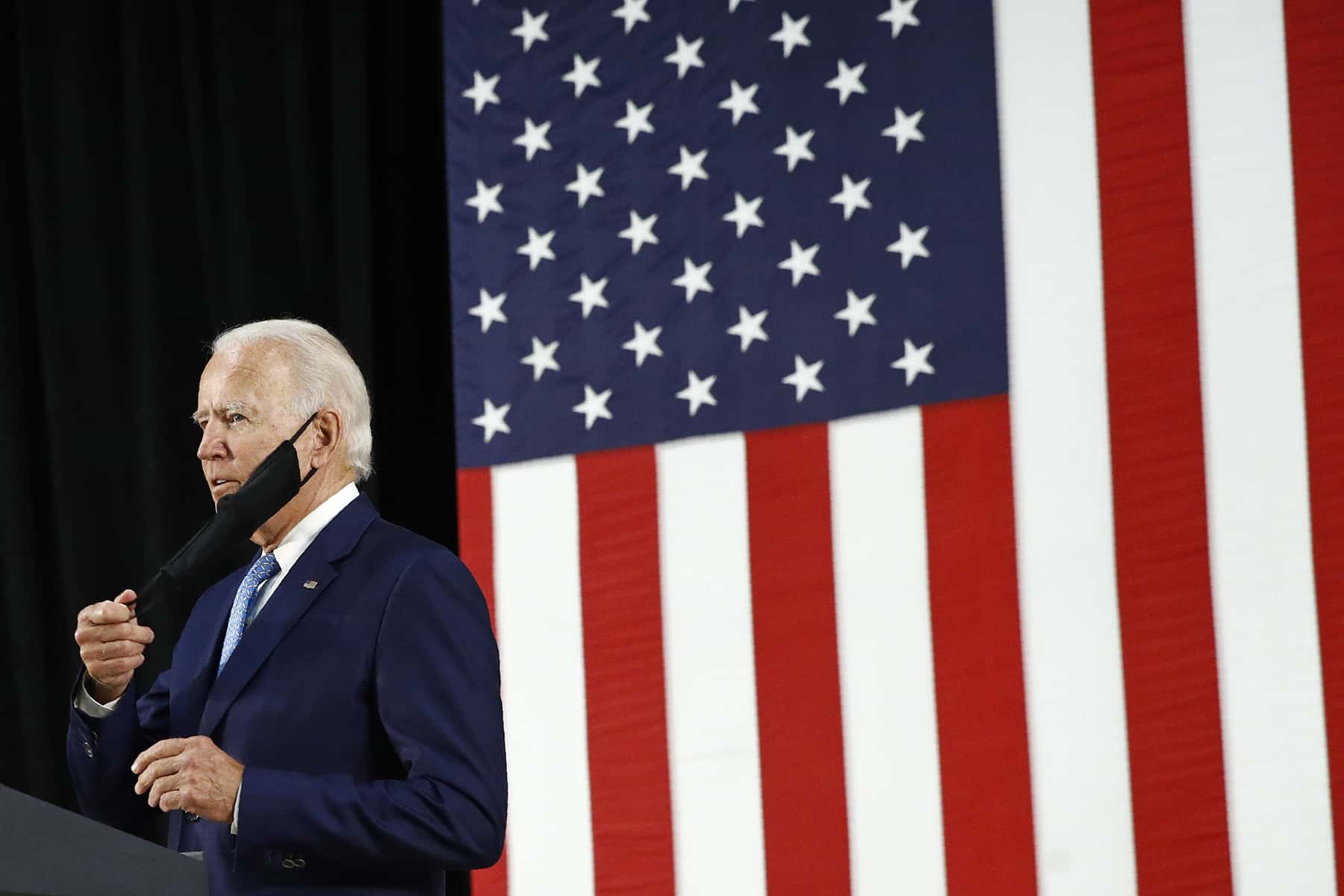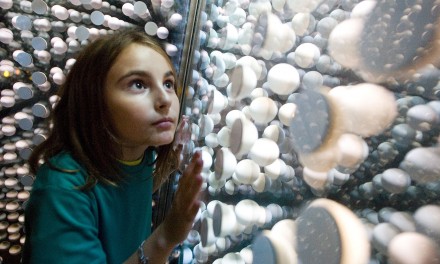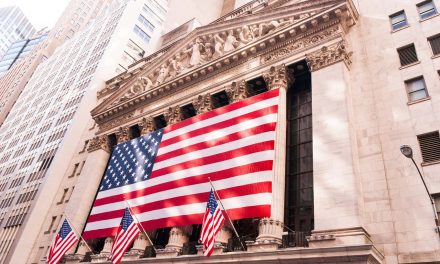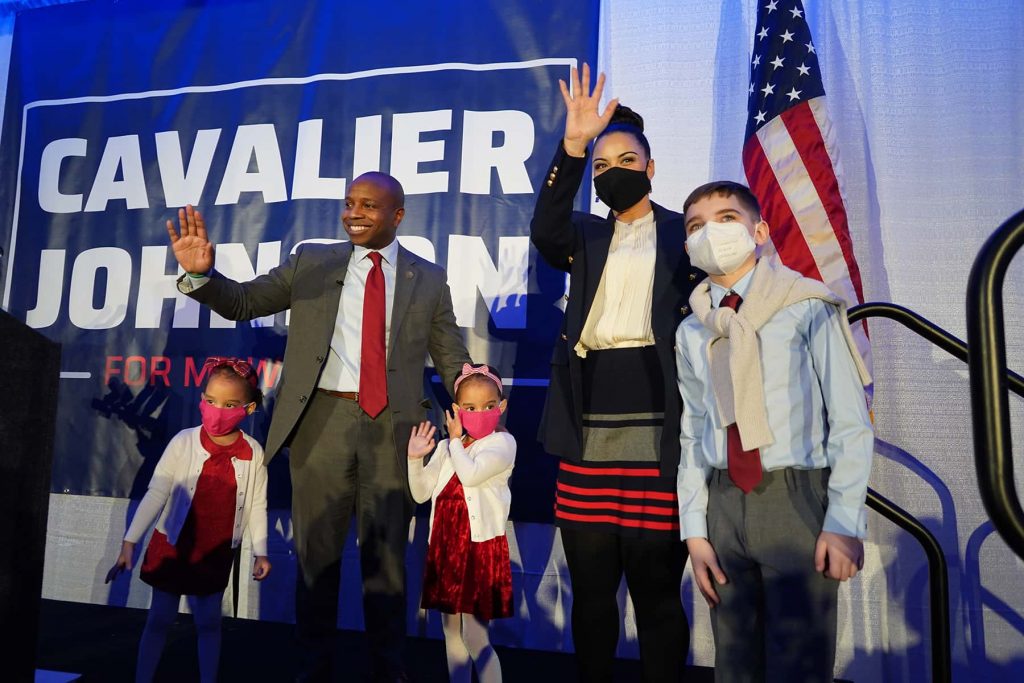
A new Marquette Law School poll of Wisconsin likely voters found that support in the presidential race has changed little since June, with Joe Biden favored by 49 percent and President Donald Trump by 44 percent.
Six percent of voters said they will vote for neither, don’t know who they will vote for, or don’t want to give an opinion. In June, among likely voters, Biden was supported by 50 percent and Trump by 44 percent, with 6 percent choosing neither. Biden had 49 percent in May and Trump 45 percent.
The Marquette Law School Poll is the most extensive statewide polling project in Wisconsin history. The new poll also found that, as COVID-19 cases have gone up in the state, the percent of voters who are concerned personally has increased. With strong partisan differences, voters overall favor requiring masks be worn in public, but opinion was almost evenly decided on whether children should go to school in-person at the start of the new school year.
The poll was conducted August 4 to 9. The sample included 801 registered voters in Wisconsin who were interviewed by cell phone or landline, with a margin of error of +/- 3.9 percentage points. There were 675 likely voters included in the poll, with a margin of error of +/- 4.2 percentage points.
There was little difference in polling among registered voters, with Biden receiving 48 percent and Trump receiving 42 percent. In June, among all registered voters, Biden was supported by 49 percent and Trump by 41 percent.
Enthusiasm for voting
Democrats and Republicans were almost equally likely to said they were certain to vote in November, with independents somewhat less so. About 87 percent of both Democrats and Republicans said they are certain to vote, while independents are 60 percent are certain to vote.
Respondents were also asked how enthusiastic they are about voting in November’s election. Among Democrats, 65 percent were very enthusiastic and 64 percent of Republicans were equally enthusiastic. Thirty-seven percent of independents say they are very enthusiastic about voting this fall.
As for attention to politics and public affairs, 72 percent of Democrats said they follow what is going on in politics most of the time, as do 71 percent of Republicans and 45 percent of independents.
There were sharp partisan differences in sources of national news. Republicans were much more likely to rely on Fox News than Democrats, who were more likely to get national news from CNN or MSNBC. Despite these differences, between one-fifth and about one-third of each partisan group still relied on broadcast network evening news.
Among all registered voters, 35 percent said they plan to vote absentee by mail in November, while 46 percent said they planned to vote in-person on election day, and 12 percent said they would vote early in-person. In May, 43 percent said they would vote absentee, 39 percent in-person on election day, and 11 percent would vote early.
There were substantial partisan differences in plans to vote by mail or in-person, with Democrats far more likely to vote by mail than Republicans, and Republicans far more likely to vote in-person on election day.
Approval of Trump’s handling of specific issues varied considerably, despite the narrow range of his overall approval ratings during his presidency. Approval was lowest for Trump’s handling of protests over the death of George Floyd in police custody. Thirty-two percent approve of Trump’s handing of the protests and 58 percent disapprove. In June, 30 percent approved and 58 percent disapproved.
Approval of Trump’s handing of the coronavirus outbreak was 40 percent and disapproval is 58 percent, with 2 percent who do not know. In June, 44 percent approved and 52 percent disapproved.
Coronavirus epidemic and impact
The percentage of those very worried about personal risk from COVID-19 increased by eight points in August, after declining each previous month since March. Twenty-seven percent said they were very worried and 36 percent were somewhat worried, while 17 percent were not very worried and 19 percent said they are not at all worried.
© Photo
Pаtrіck Sеmаnsky













